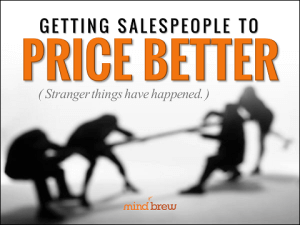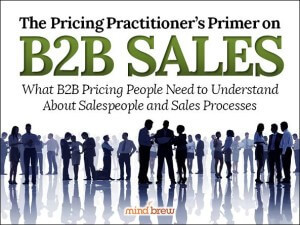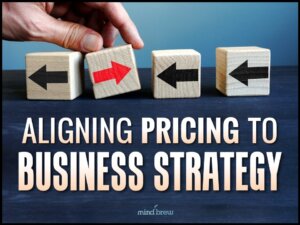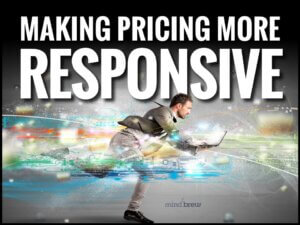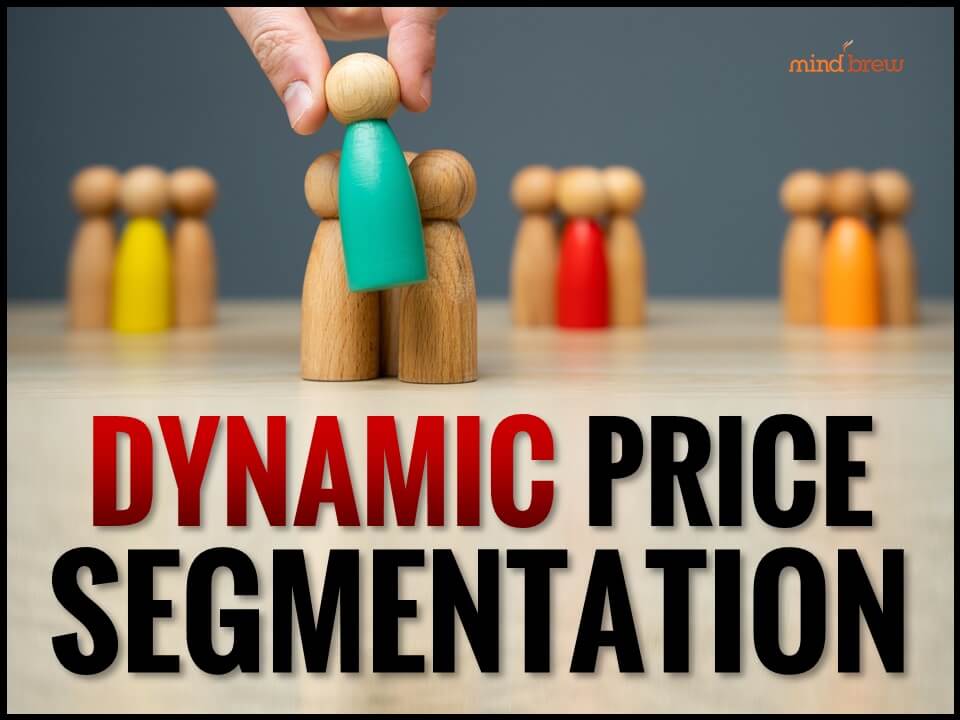In the late 1990s, a pair of psychologists from Cornell University conducted a research project that had profound implications about humans’ ability to gauge our own levels of competence.
The two men, David Dunning and Justin Kruger, gave a whole bunch of people tests on various skills like reading comprehension, chess, logic, grammar, and even driving. They also asked the people to rate their abilities in each of these areas.
They found that the people who were the worst at all of these skills, those in the bottom quartile, mistakenly believed themselves to be better than average. In fact, although this group’s average test score was in the 12th percentile, they thought that they belonged in the 62nd percentile.
On the flip side, those who actually performed well on the test underestimated their own abilities, believing themselves to be a little worse than they actually were.
Dunning and Kruger hypothesized that people need a basic level of competence in a given area before they can accurately judge their own abilities. And this idea was borne out by tests which showed that people became much better at self-assessment after they had some training in a given skill.
This discovery, which has become known as the Dunning-Kruger Effect has some implications for B2B sales teams.
You see, most B2B salespeople have never received any training on pricing. They may think they understand pricing and negotiation pretty well—after all they’ve been doing these tasks for quite a while. But their perception of their abilities may be more due to the Dunning-Kruger Effect than to any actual skill.
It’s rare for salespeople to receive any negative feedback about their pricing and negotiation abilities. Customers never say, “Hey, I would have paid a lot more for your products,” so the salesperson has no way to tell if he or she left money on the table. And if your firm loses a sale, it’s far easier to blame the competition or other external factors instead of the salesperson’s negotiating skills.
But that doesn’t mean you should give up and just accept that your salespeople are going to do a bad job. Remember, Dunning and Kruger also proved that people can get better at assessing their abilities if they receive training. And organizations that have trained their sales teams on good pricing practices have reported positive impacts.
The difficulty lies in the fact that the pricing team usually doesn’t usually have any say over what kind of training the sales department receives, nor do they usually have any ability to enforce good pricing behaviors in the field.
That means you’re going to have to use the principles of change management to influence others in your company and bring about the results you want.
That’s a tall order, but we have a couple of resources that can help. The webinar Getting Salespeople to Price Better offers some real-world strategies and techniques that other pricing practitioners at B2B firms have used to overcome this obstacle.
A second webinar, The Pricing Practitioner’s Primer on B2B Sales, offers some more in-depth insight into the sales process and what makes salespeople tick. This information is invaluable in dealing with the sales team. And, although we hate to mention it, it’s quite possible that the Dunning-Kruger Effect causes some pricing people to overestimate their understanding of sales. This webinar can help you make sure you aren’t falling prey to the same mistake you’re trying to help others avoid.

